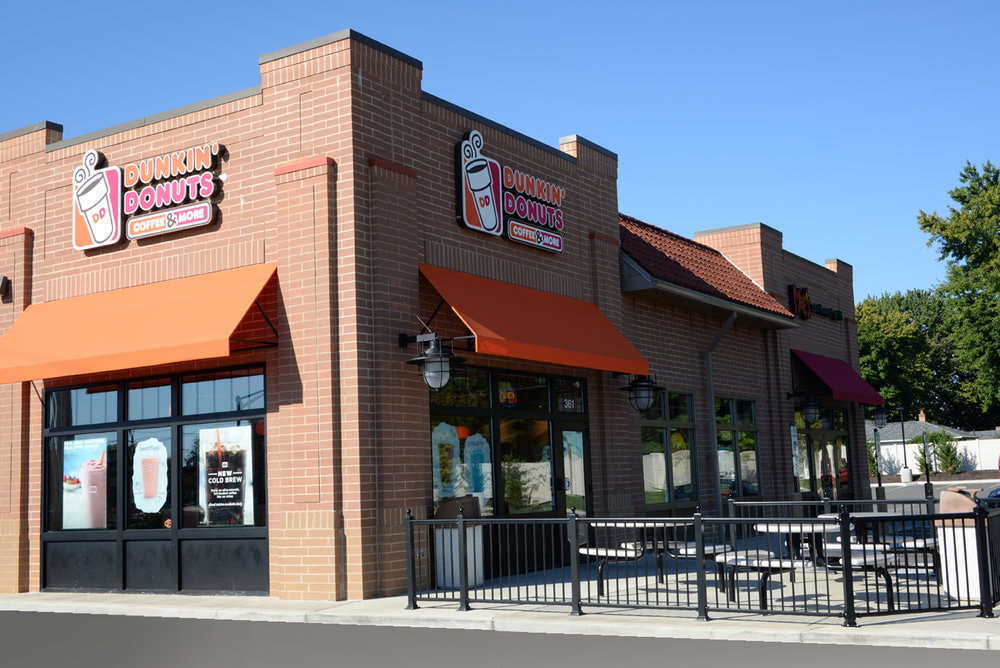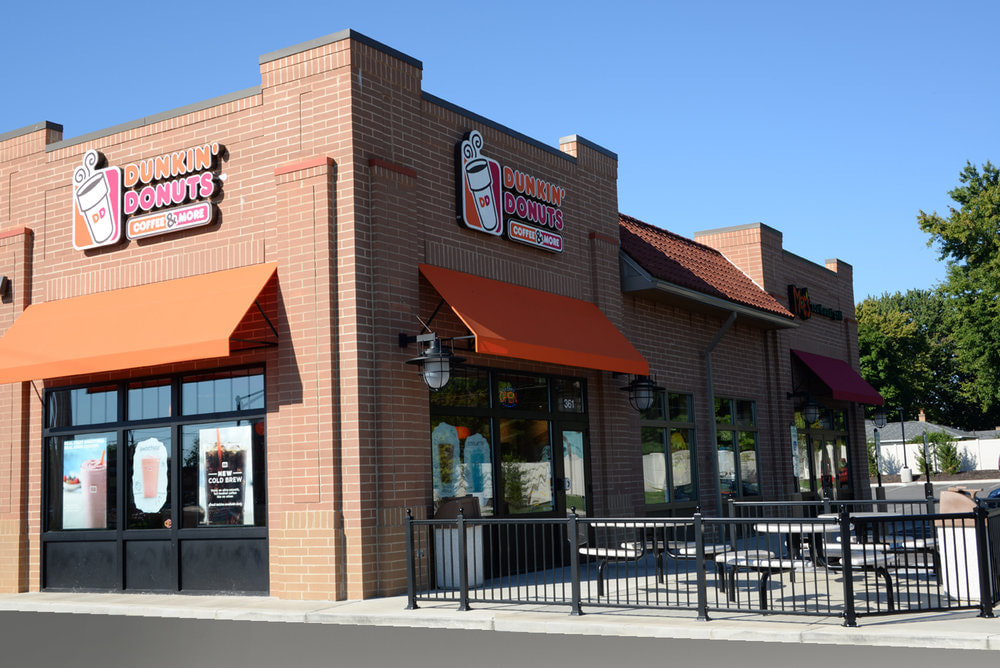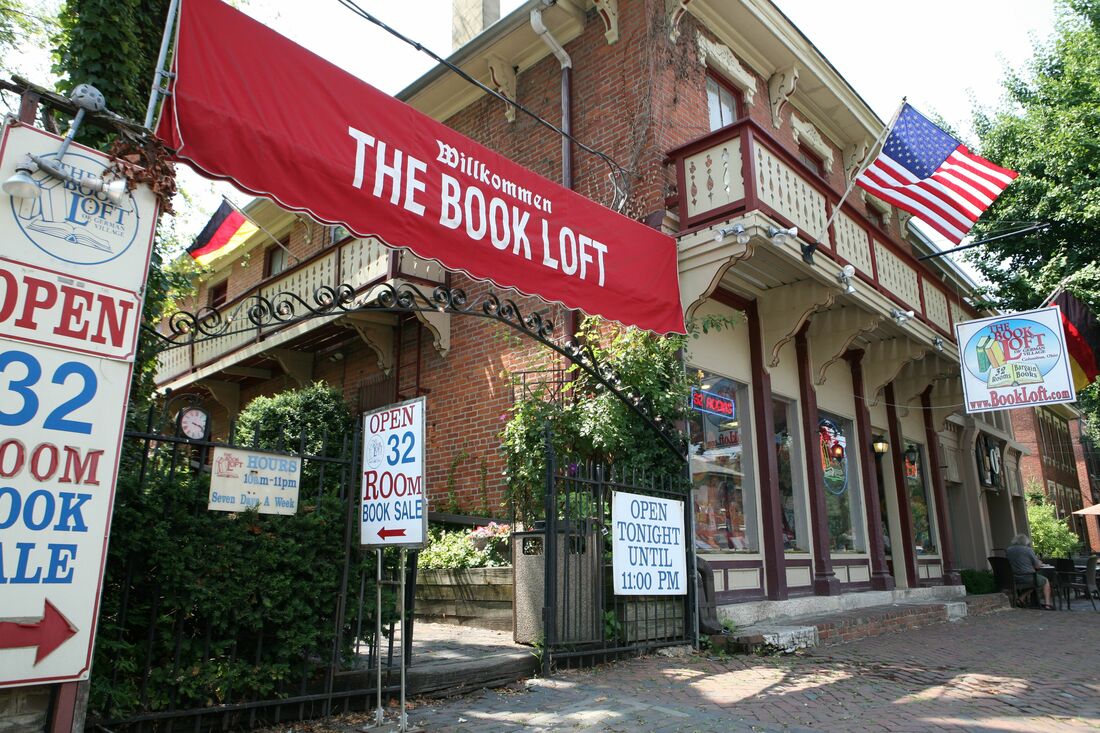|
Dear readers, If you've read and enjoyed my books, "Equal and Opposite Reactions" and "Hail Mary," I would so appreciate a review from you, just a sentence or two, left on Amazon, Goodreads, or both. Online reviews are the best kind of word-of-mouth for helping an author’s book make it in the world and I would be so grateful for a few words from you. Thanks! Patti THE MAN ON THE SIDEWALK In my previous post I wrote about being panhandled recently in a Kroger's parking lot (see post from 3/29/2021, "The Woman In The Parking Lot"). Among the comments on the post left on my Facebook page was one by a friend who brought up Mr. Alex, a man who can usually be found in front of the Dunkin Donuts on the corner of a busy commercial thoroughfare in our Columbus, Ohio suburb.
One sees Mr. Alex, a black gentleman who appears to be of middle age, all the time in his same spot surrounded by his few meager possessions. People wave to him when they drive by. He waves back. He seems a nice man. To my memory, Mr. Alex has been in front of the Dunkin Donuts for several years. I've heard - though I can't verify - that the Dunkin Donuts lets him come inside to sit. I assume that people buy him food - or maybe give him money for it - because there are sometimes bags from the nearby fast food restaurants on the ground by his feet. In truth sometimes his space is a mess of bags, cups, containers, wrappers, and other food-related trash. But I expect he either eventually picks up after himself, or maybe some else comes along and picks up for him. I don't know Mr. Alex's story, I've never talked to him. But my friend, an avid bicyclist, says on her Facebook comment that she stops to talk to him whenever she can and that he is, in fact, a nice man. She's taken him out to a restaurant for a meal. She says that a local dentist offered to give him some dental work and that several people contributed so that Mr. Alex could stay at the nearby Holiday Inn on the cold nights this past winter. My friend even suggested in her comment that maybe the woman in the Kroger parking lot who wanted me to put her up in a hotel room might have known about Mr. Alex and what had been done for him by community residents and was hoping the same might be done for her. Now, this last observation by my friend got me to pondering how a homeless street person such as Mr. Alex elicits a different response than a panhandler, who might well also be homeless. Maybe it's because a run-in with a panhandling stranger can leave one feeling either coerced, shaken down, unnerved, scammed, threatened, all of the above, or at the very least conflicted. But there's no coercion involved in giving to someone who asks for nothing. The decision to give is one's own and whatever is given is given freely and therefore gladly. Or maybe it's that a person who sits peacefully in the same place, day after day, doing no harm to anyone, becomes a familiar, non-threatening presence, a part of a neighborhood. People have no fear or misgivings about acting on their natural human instinct to be kind and helpful, to provide for someone in need. Such a person's need is obvious, and we are assured that what we give is, in fact, fulfilling that need. A panhandler, on the other hand, not only breaks into our personal space, but engenders suspicion and mistrust: What do they really want money for? Is it really to fix their broken car? Really to get back home? Really to feed and shelter their children? And with the rash of purse snatchings and car jackings that has been plaguing the Columbus area, might this stranger not be a mugger in panhandler's clothing? And then there's the worry that giving money to a panhandler will not go towards a necessity that will sustain their life, but rather towards a substance that will not only continue to destroy their life but other lives as well. What if the money you hand over is used to buy drugs, money which will then go from the user to the dealer to the members of criminal organizations who enrich themselves by distributing the substances that continue to destroy lives, ruin families, bring danger and violence to communities, and spread human misery? Not everyone in our community is supportive of Mr. Alex. Some consider his presence a neighborhood blight. There have been complaints about him to the police, who respond that he's breaking no laws. Others, though, such as my friend, consider his a presence a gift, because being able to give to another, to help another is, after all, the most gratifying of gifts. Which still doesn't solve the dilemma: What do you do when someone approaches you in the supermarket parking lot and asks you for money?
0 Comments
Leave a Reply. |
"Tropical Depression"
by Patti Liszkay Buy it on Amazon: https://www.amazon.com/dp/B0BTPN7NYY "Equal And Opposite Reactions"
by Patti Liszkay Buy it on Amazon: http://amzn.to/2xvcgRa or from The Book Loft of German Village, Columbus, Ohio Or check it out at the Columbus Metropolitan Library
Archives
July 2024
I am a traveler just visiting this planet and reporting various and sundry observations,
hopefully of interest to my fellow travelers. Categories |








 RSS Feed
RSS Feed